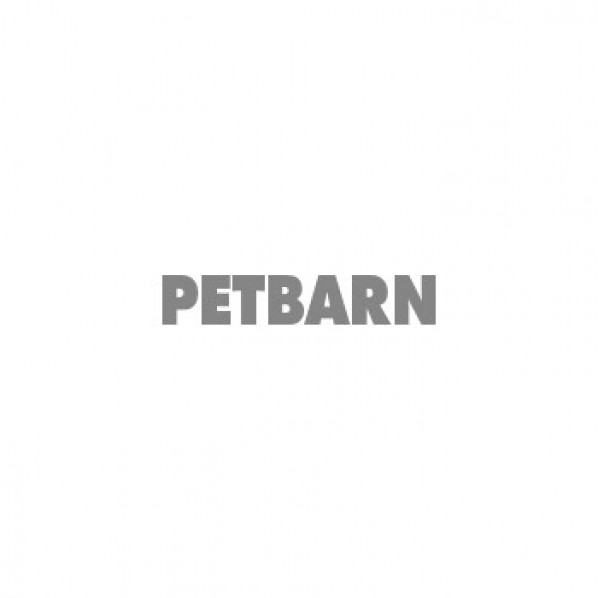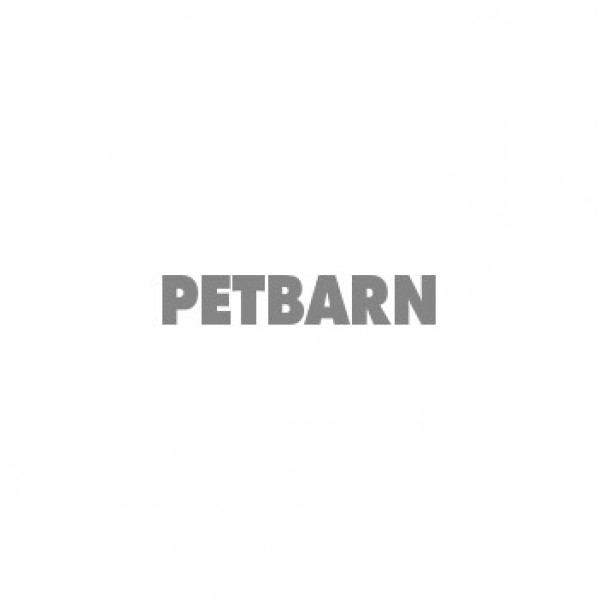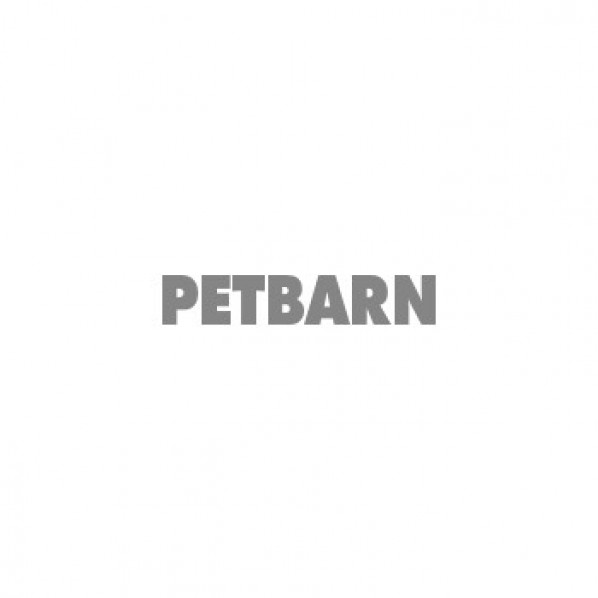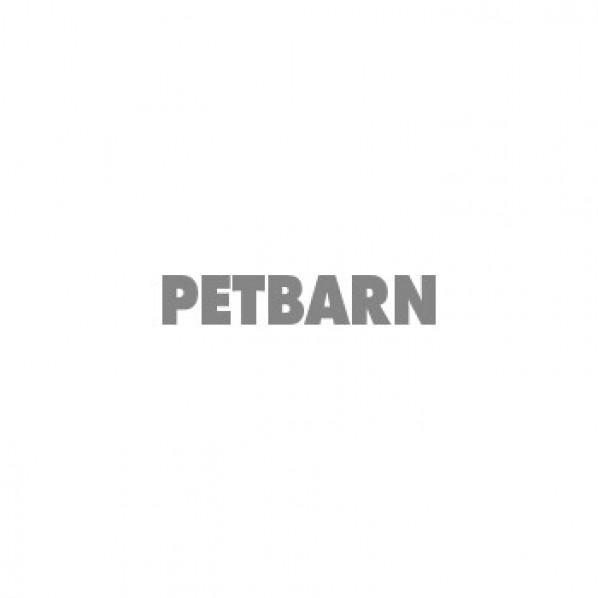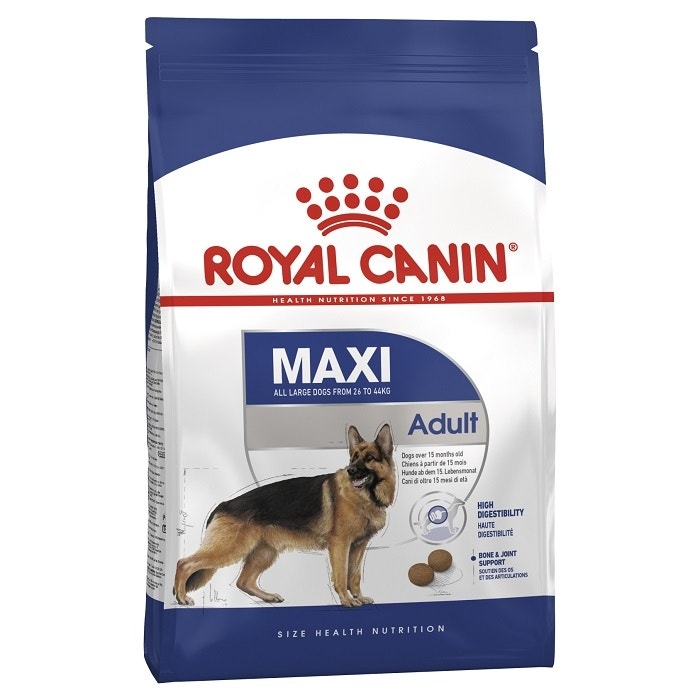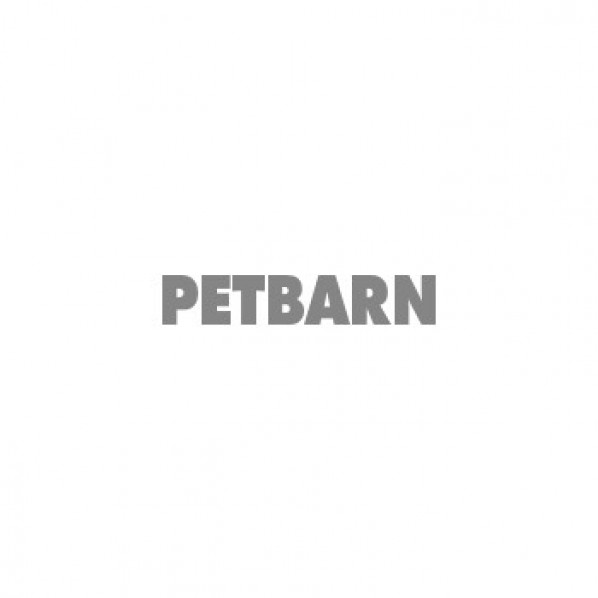Dogs have different needs based on their stages of development. We’ve compiled this dog feeding guide to make sure you’re feeding your dog the right food based on their life stage.

At different times in their life, dogs have varied nutritional requirements. Their life stage, along with their weight, breed and size, will determine the right balance of calories, fats and protein for them. Being aware of the way a dog matures and the different life stages they experience is essential to ensure you are feeding them the optimal food. Use our Dog Food Finder Tool to understand what diet is best for your pet.
Feeding guide for puppies (Newborn – 12 months)
Puppies grow at a rapid rate and need lots of vitamins and minerals to help them mature into healthy dogs. Before you’ve brought your puppy home, be sure to find out what they are currently being fed. If you wish to make a change to their diet, don’t rush into it. A steady transition is key to your puppy’s health.
Food that is specifically made for puppies includes a scientifically-formulated balance of the fats, proteins, vitamins and minerals that meets their nutritional needs. Feed your puppy small amounts 3-4 times per day to ensure that they’re getting what they need. Be sure to follow the feeding guides on the packet or speak to your local Greencross Vets to make sure that you are feeding your pet the right quantity. Portion control is something to watch out for – puppies shouldn’t be overfed.
Feeding guide for adult dogs (12 months – 7 years)
Once puppies have matured to 12 months, or even 18 months for some large breeds, they are considered adults. At this point, they are still growing, but not as rapidly as when they were at their prime puppy stage. Pet food that is scientifically formulated for adult dogs isn’t as calorie-dense as puppy food, but still includes a balance of the necessary vitamins, protein, fats and minerals to keep your dog in optimal health.
Your dog’s activity levels, size, breed and weight must be considered in order to work out the correct quantity for them. Choosing a dog food that is targeted towards their breed or size will be the best way to keep your pet healthy, as large and small dogs have different nutritional requirements. No matter the size of your adult dog, you should always pay close attention to the amount they eat, and be sure that treats are limited. Keeping your pet healthy during their adult stage will set them up well for their senior years. Owners of large and giant breed dogs should keep in mind that their pet must stay on puppy food a little longer than 12 months.
Feeding guide for senior dogs (7 years and older)
Depending on the breed, some dogs are considered senior at seven years and this means that their diet will need to shift. With the change to this life stage comes decreased energy levels and a slower metabolism. For this reason, the amount of calories they consume will need to drop to ensure they don’t gain weight. This is why it’s good to feed your pet a Super Premium food targeted at senior dogs, as they are formulated with key nutritional requirements in mind.
Senior-specific dog foods also promote bone and joint health, as well as brain function.
As dogs progress into their senior years, it’s good to check in with your local Greencross Vets to ensure that you are feeding them the right quantity and food. The health needs of every dog are different, and this life stage will see each dog change at different rates.
Petbarn has a wide range of food for each of your dog’s life stages. Feel free to use our Food Finder or talk to your local Petbarn team member to guide you towards the right food for your dog.

